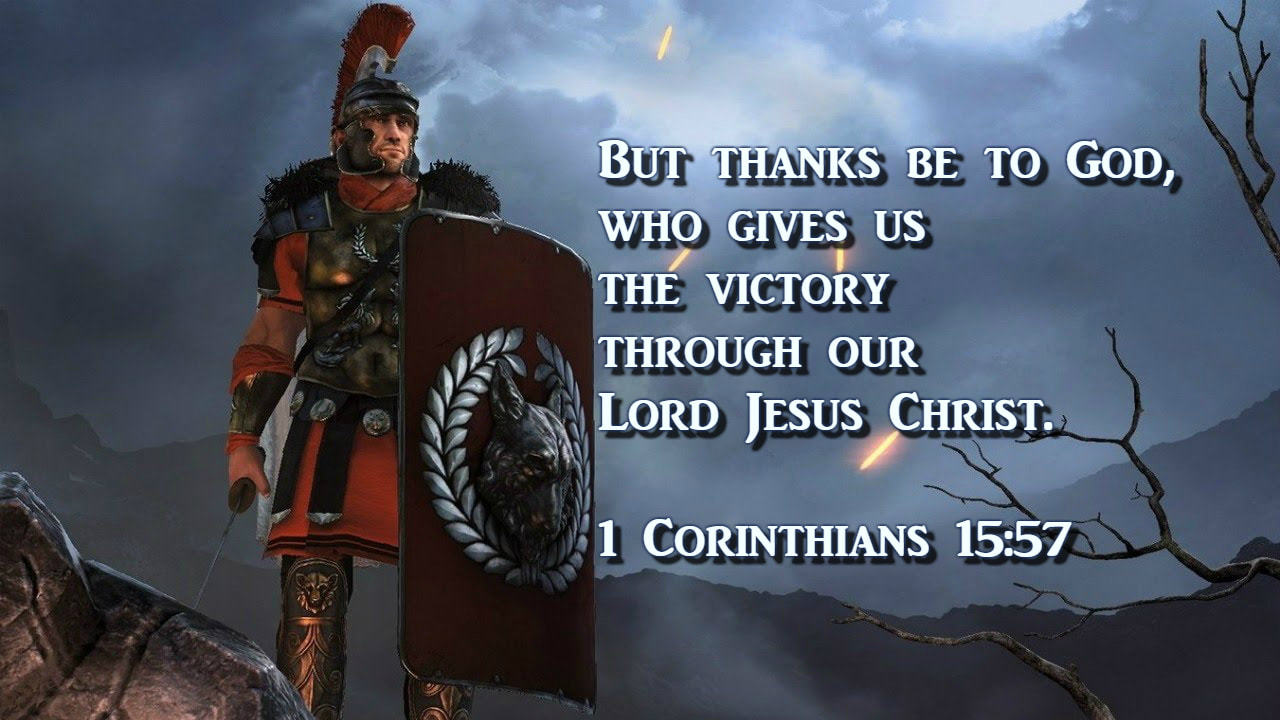
[Listen to an audio version here]
There are few things that can grip our hearts more than threats to the ones we love. We yearn for them. We worry about them. We weep for them. We are concerned about them.
In the amazing grace of God, He has given us a group of people around us who care for us and love us and to whom we can also give love and care. These people are the sources of some of our greatest joys on earth and also some of our greatest sorrows. What can hurt us more than the loss of a child? What is rougher than the loss of someone close such as a wife or a friend who has been with us for many years?
Into this great challenge, Jesus enters in and shows His love and care for those whom we love the most. He demonstrates His care in two stories where someone experiences sorrow over someone they love dearly. Even in this difficult area of our life, Jesus shows us that He is greater than we often think and able to care for those whom we love. In this story, we have two instances of the marvelous works of Jesus that were greater than any recorded thus far. This shows us how great Jesus is and with how much confidence we can put our loved ones in His hands. These are the stories of a centurion and a widow who experienced the marvelous works of Jesus.
The Centurion
A centurion was an army officer of the Roman Empire. This centurion or army officer lived in Capernaum, since the Roman Empire had soldiers stationed everywhere. This centurion had a servant whom he loved, and this servant was sick and about to die. Here was someone dear to this man, and he was on the point of death. It seemed like there was no hope. Then, he heard about Jesus. Jesus had been healing all sorts of people, and so he believed that there was hope.
Out of this hope, he sought out Jesus. What is striking here is that this man did not go to Jesus himself. Instead, he sent some of the elders of the Jews to ask Jesus to heal his servant. When they came to Jesus, they not only asked him, “they pleaded earnestly with him.” Now, why would they do this for a Gentile, Roman army officer? They gave Jesus the reason, “This man deserves to have you do this, because he loves our nation and has built our synagogue” (7:5).
The Roman army officer was a man who cared about people. He loved his servant. He also loved the people where he lived. He showed this care for them by building them a synagogue.
The Roman army officer was a man who cared about God as well. He was probably pious and what the Jews of the time called “a God fearing man.” He showed his care for the people by building them a place for worship.
This centurion was just and pious. He represented the best of what Rome had to offer to the world. The Jews of Capernaum were so moved by his justice and his piety that they went to Jesus on his behalf.
The result was that Jesus went with them to heal the servant. However, when Jesus was not far from the house, the centurion sent out friends to say to him. “Lord, don’t trouble yourself, for I do not deserve to have you come under my roof. That is why I did not even consider myself worthy to come to you” (Luke 7:6b–7a). This is remarkable indeed. He saw his own unworthiness and the worthiness of Jesus. He saw Jesus as great.



